The Edge of Impossibility | Week 5 | Pastor Ben Pierce
The Edge of Forgiveness: Navigating the Impossible Journey
In this final installment of the series ‘The Edge of Impossibility’, Pastor Ben Pierce delves into the profound and often challenging topic of forgiveness. Drawing on the biblical story of Joseph, he explores how forgiveness, though seemingly impossible, is attainable through faith and understanding.
Introduction and Call to Faith
Forgiveness is a powerful journey that requires faith. It is about letting go of the burdens that weigh us down and embracing the freedom that comes from releasing the past. In our lives, we can find ourselves at the edge of impossibility, where forgiveness feels out of reach. Yet, it is in these moments that we are called to exercise our faith. By lifting our hands in surrender, we invite God’s healing power into our hearts and lives, believing that He can help us forgive even the deepest wounds.
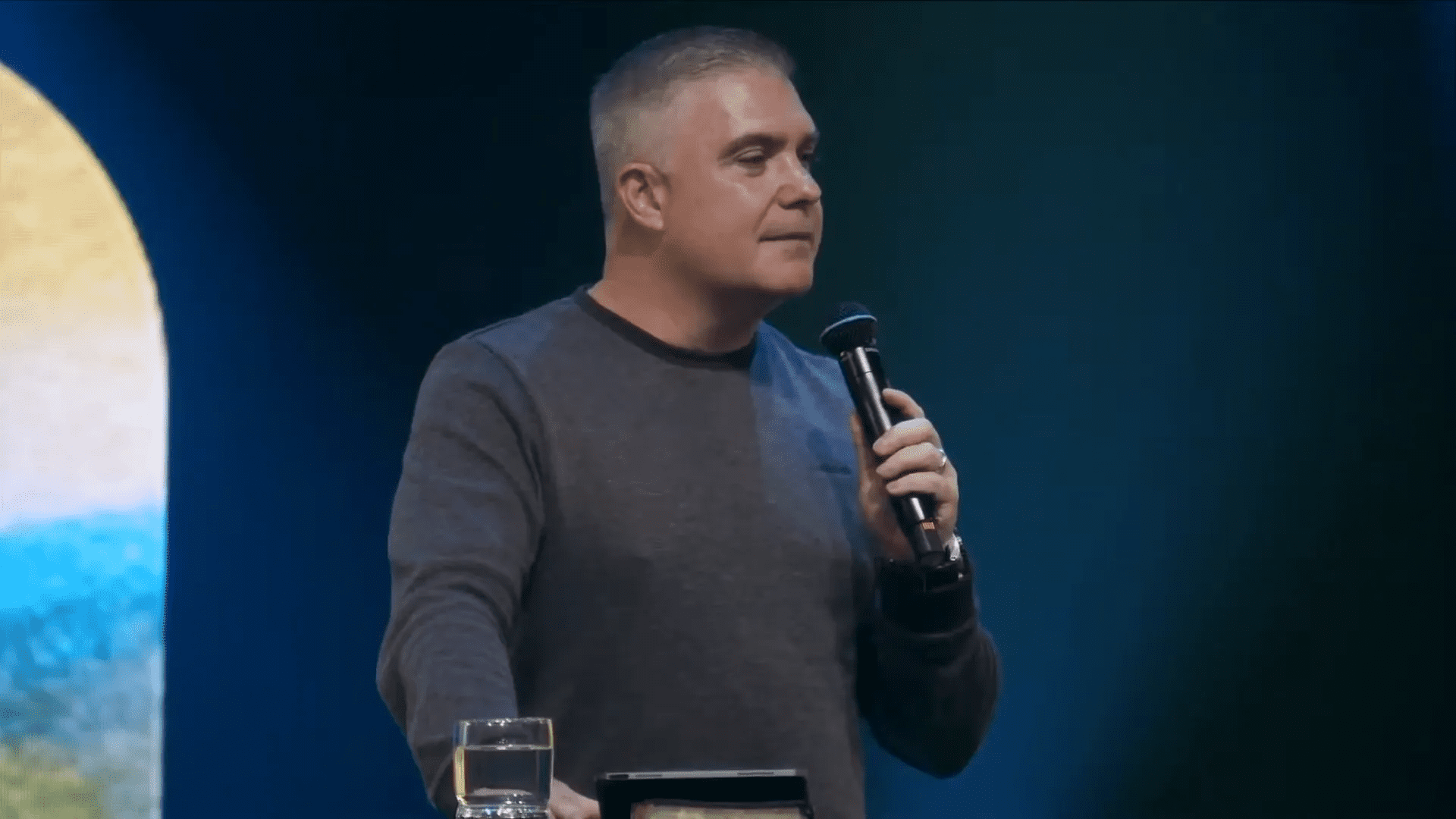
The Challenge of Forgiveness
Forgiveness often seems like an insurmountable challenge. We may think we have forgiven someone, but when we encounter them again, old emotions resurface. The internal struggle is real, and we must confront the truth that forgiveness is not merely a decision but a journey. This journey involves acknowledging our pain, understanding our feelings, and ultimately choosing to let go.
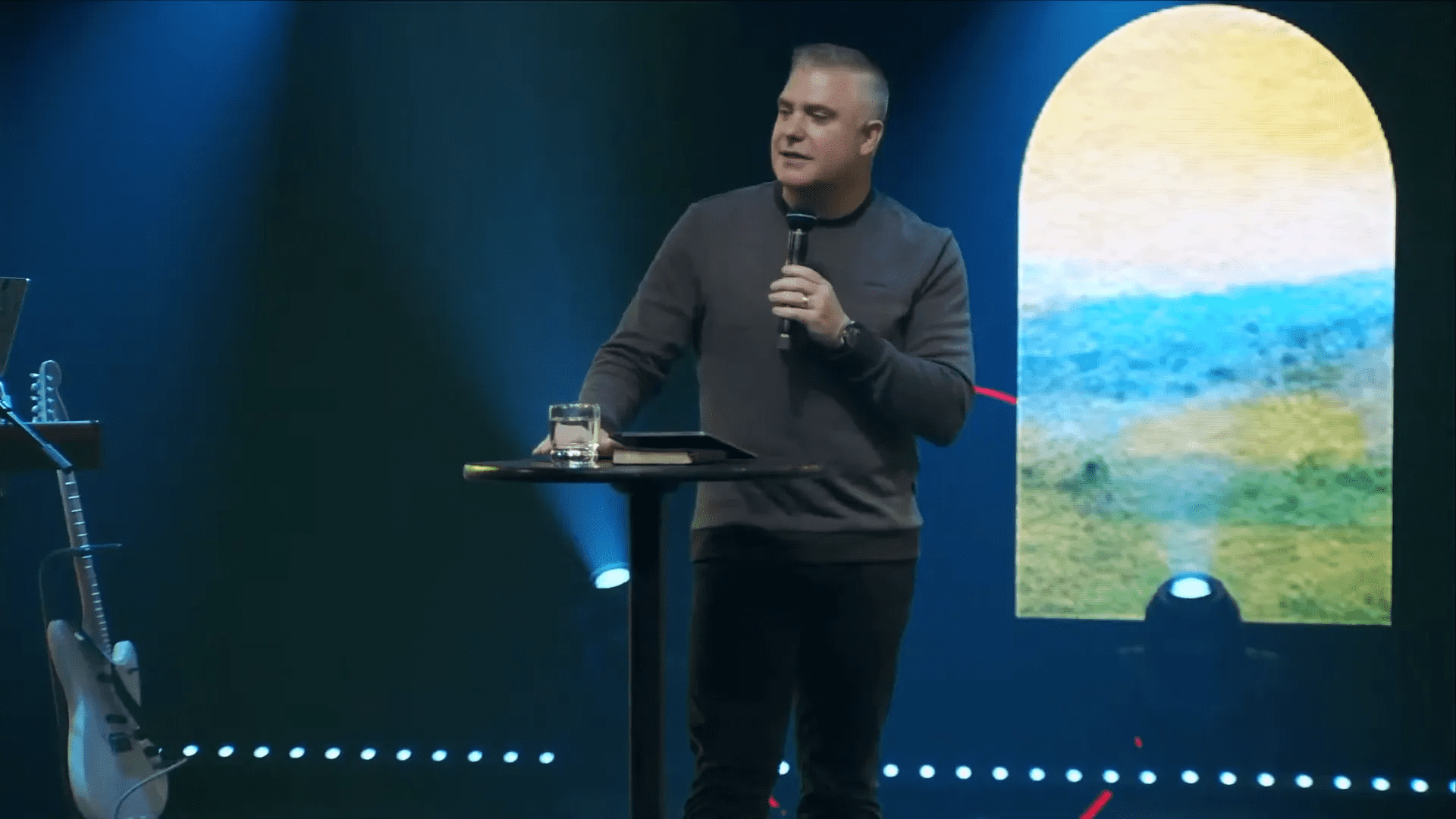
Joseph’s Story: A Background
Joseph’s story is one of betrayal, suffering, and eventual redemption. As the youngest of twelve brothers, he was favored by his father, Jacob, which incited jealousy and hatred among his siblings. When Joseph shared his dreams of greatness, his brothers conspired against him, plotting to kill him. Instead, they sold him into slavery, leading to years of hardship and imprisonment in Egypt. Yet, through all of this, Joseph remained faithful, and God elevated him to a position of power.
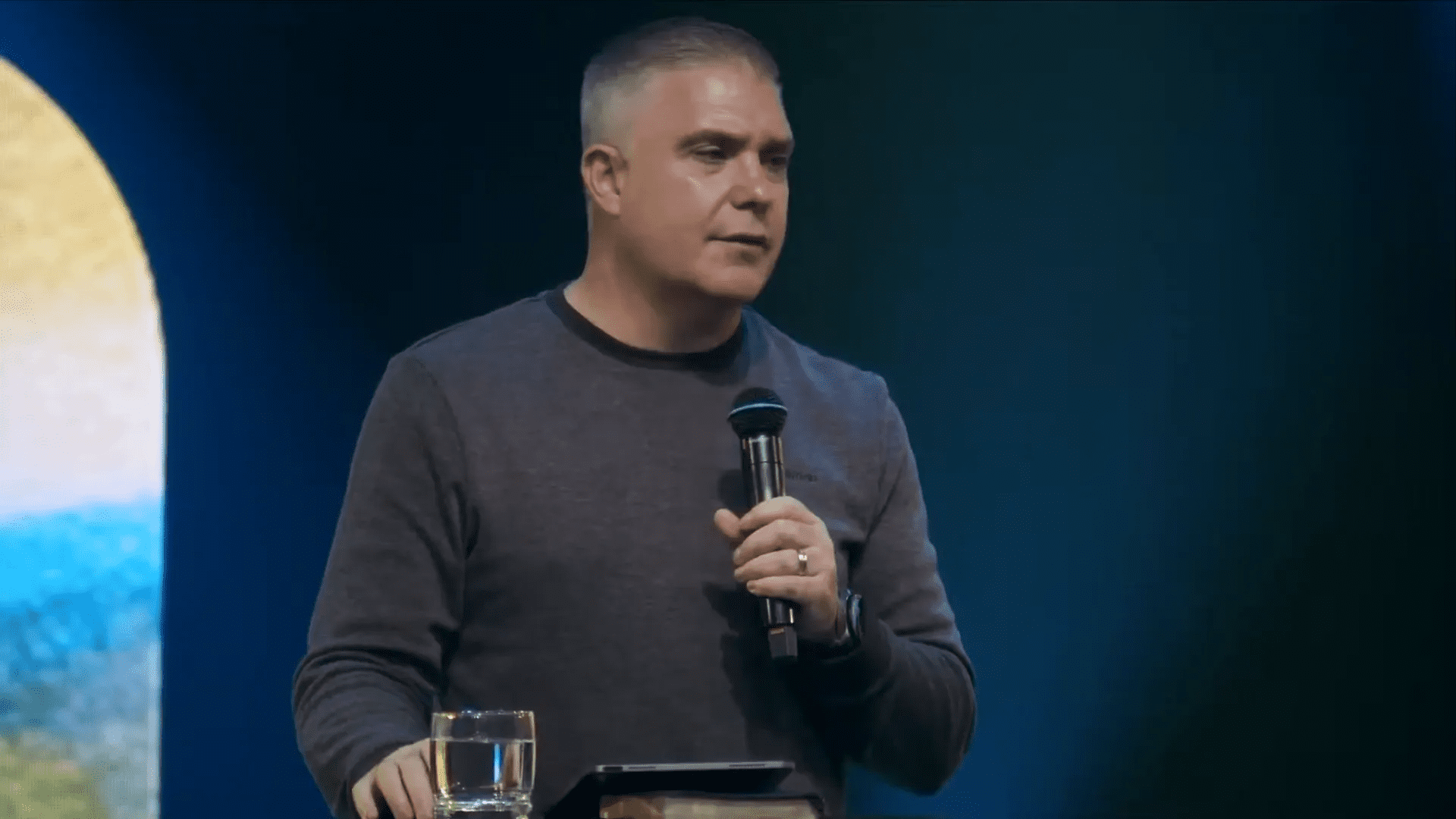
Understanding the Edge of Forgiveness
Forgiveness often feels like standing on the precipice of a great cliff. We can see the need for forgiveness, but fear holds us back. The edge of forgiveness is where we confront our deepest fears and choose to leap into the unknown. It is a place where we must trust in God’s grace to carry us through. Just as Joseph forgave his brothers, we too can find the strength to forgive those who have wronged us.
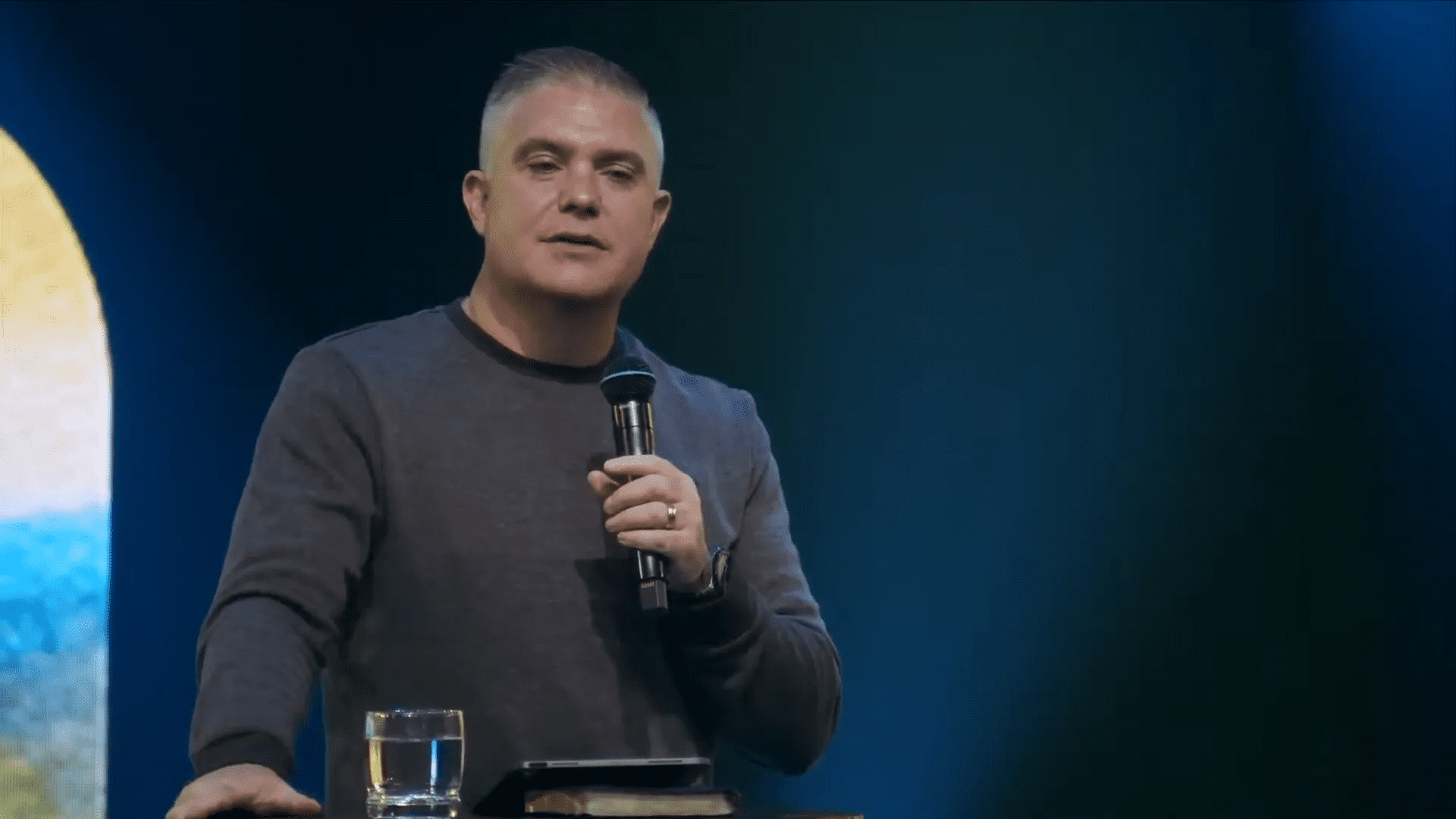
The Complexity of Relationships
Relationships are inherently complex, filled with emotions, expectations, and past experiences. When someone hurts us, it can feel like a betrayal that shakes the very foundation of trust. The desire for self-protection can lead us to build walls, isolating ourselves from the possibility of reconciliation. However, true forgiveness requires us to navigate the intricacies of our relationships with honesty and humility.
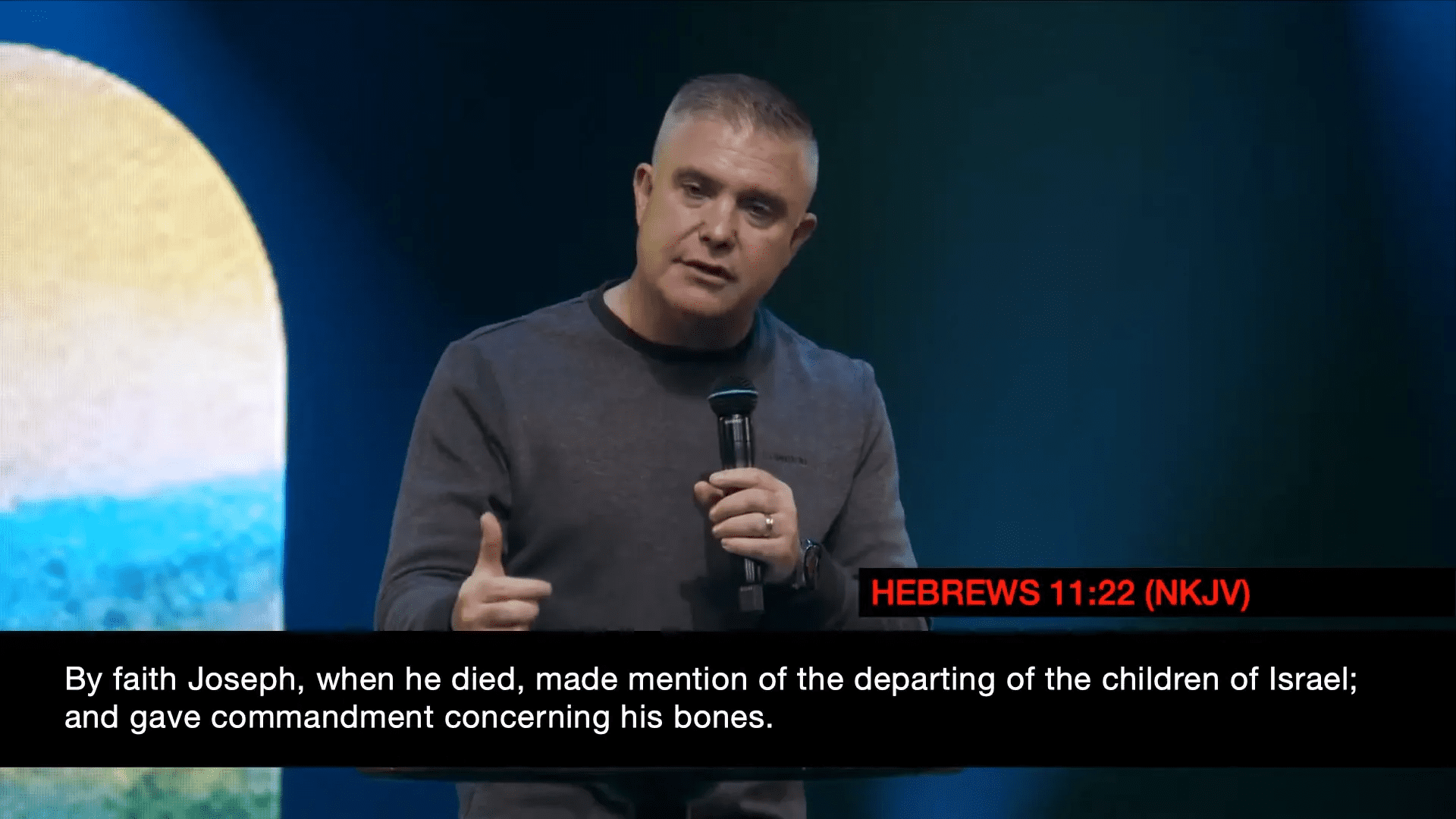
Defining Forgiveness
To understand forgiveness, we must first define it. Biblically, forgiveness is the loving voluntary cancellation of a debt. It is an act of love that reflects the unconditional nature of God’s grace towards us. Forgiveness is not dependent on the actions or repentance of the offender; it is a decision we make to release the burden of resentment and anger. This understanding can transform the way we approach forgiveness in our own lives.
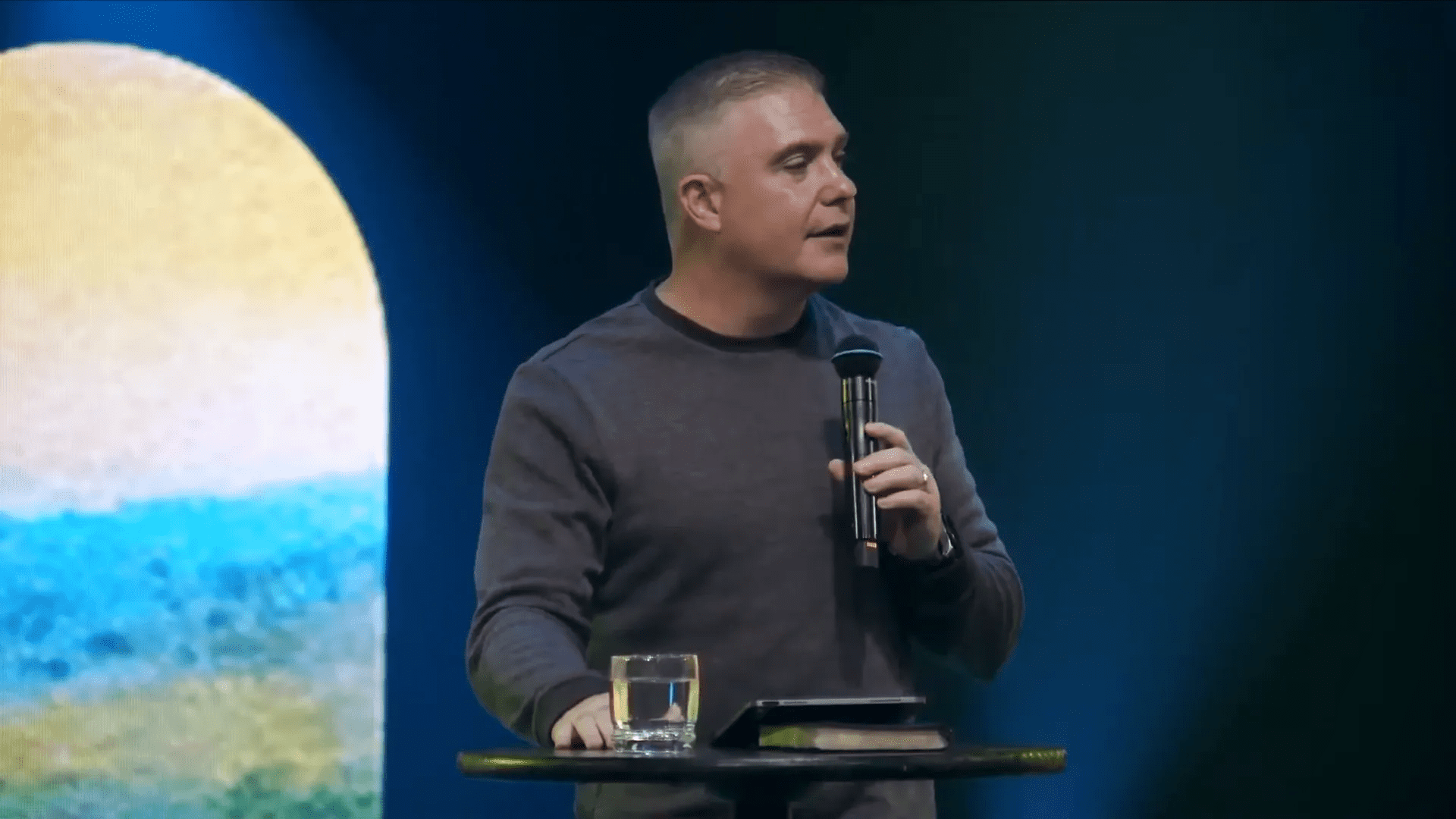
The Struggle of Acknowledging Our Part
The journey of forgiveness often begins with self-reflection. Acknowledging our part in conflicts can be uncomfortable. We may find it easier to point fingers at others rather than take responsibility for our actions or reactions. However, true healing and forgiveness require us to confront our shortcomings and be honest about our feelings. This process can be painful but ultimately leads to greater freedom and peace.
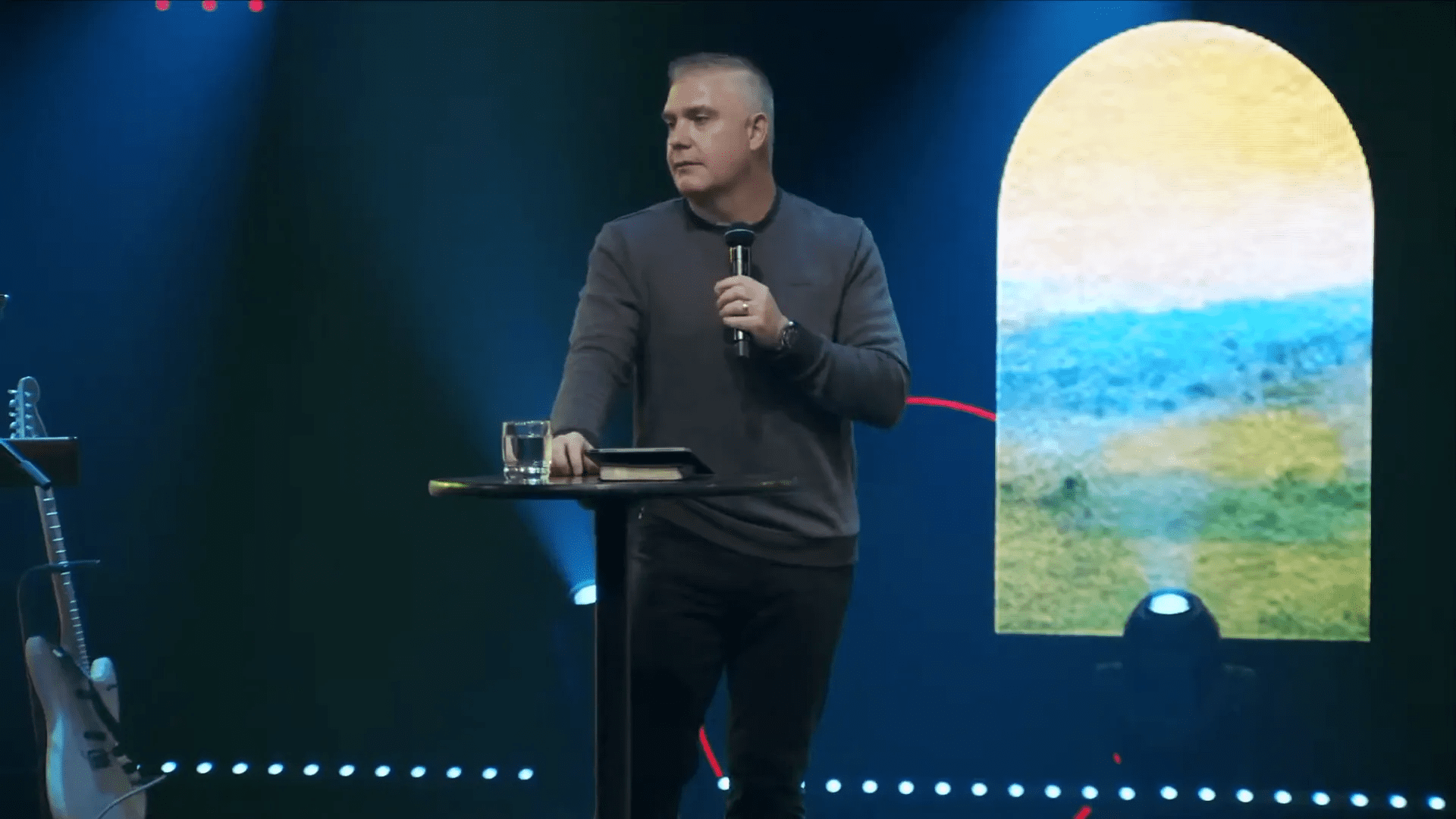
Attempting to Forget vs. Forgiving
Many people confuse forgetting with forgiving in the journey of forgiveness. Attempting to forget a hurt may seem easier than confronting the pain. However, true forgiveness requires us to confront our feelings and acknowledge the hurt that was caused. It is a process that involves both recognition of the pain and a conscious decision to release it.
Joseph’s experience highlights this struggle. He named his first son Manasseh, meaning “for God has made me forget all my toil.” This indicates that he was trying to forget the pain rather than genuinely forgiving his brothers. Forgiveness is not about erasing memories but about choosing to let go of the hold those memories have on us.
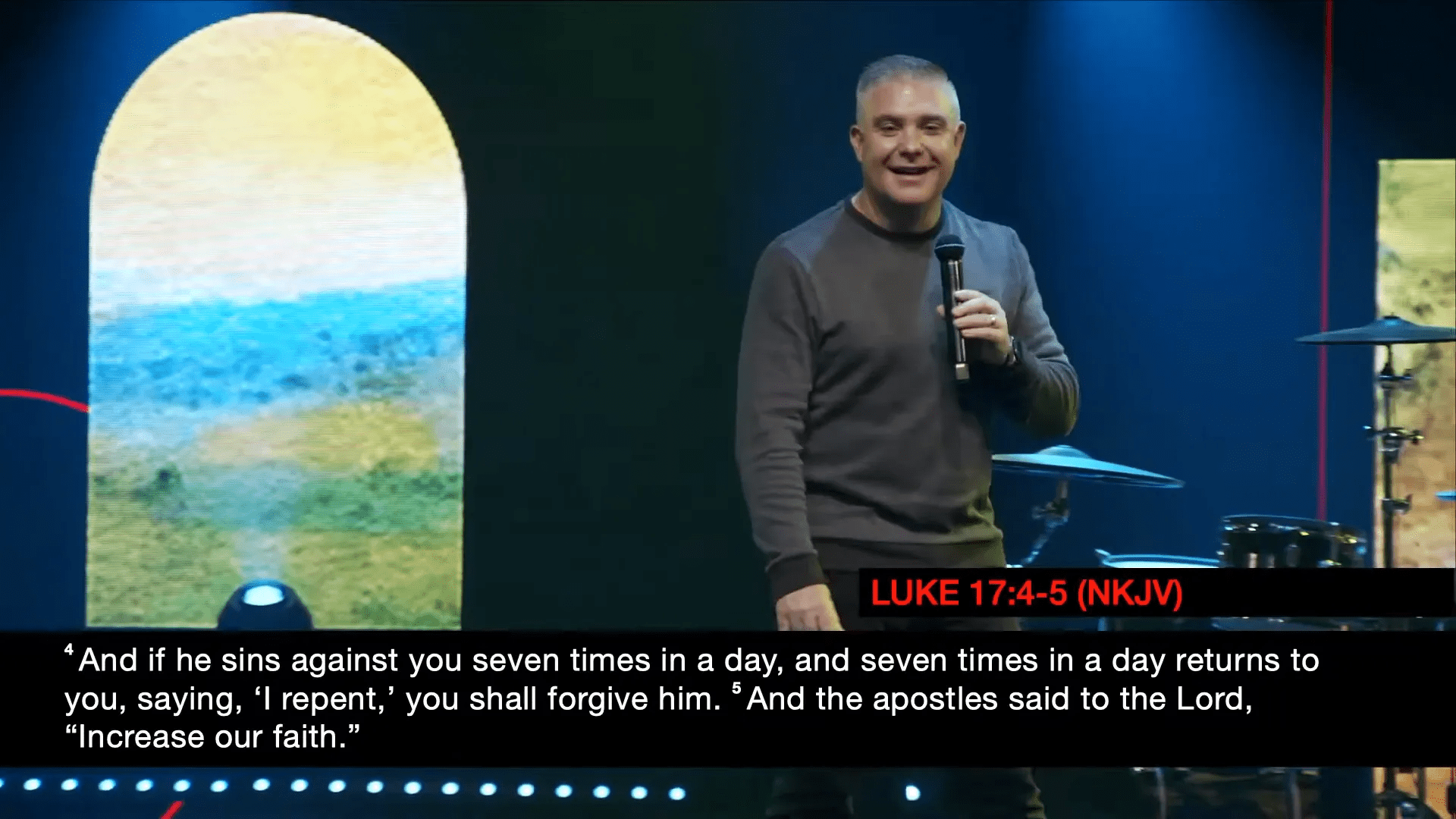
A Deeper Understanding of Forgiveness
Forgiveness is a deliberate act of the will, not merely an emotional response. It means choosing to release the offender from the debt of their wrongdoing, which can be a challenging but necessary step towards healing. It involves recognizing that while we cannot change the past, we can change how it affects our present and future.
Joseph’s journey illustrates that forgetting is often a temporary fix. He may have thought he was moving on, but the reality of his hurt remained. Only through true forgiveness could he unlock the freedom he needed to embrace his future fully.
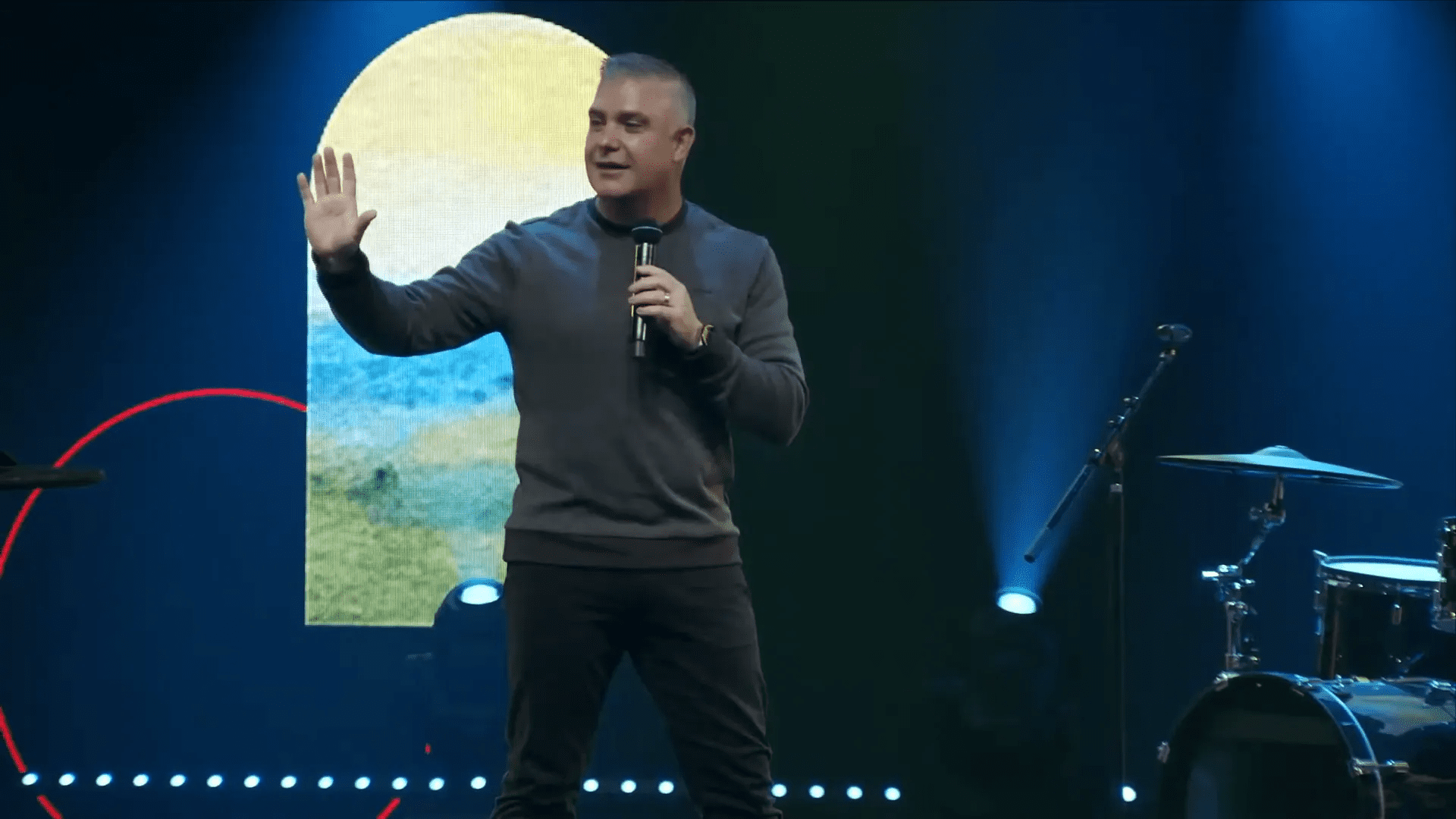
Avoiding Confrontation
A common barrier to forgiveness is the tendency to avoid confrontation. Many believe that ignoring the issue or pretending it didn’t happen is a healthier approach. However, this avoidance often leads to unresolved feelings that can fester and grow over time.
In Joseph’s story, he did not initially confront his brothers about their actions. Instead, he acted as a stranger when they came to Egypt. This avoidance only prolonged his pain and hindered his healing process. Confrontation does not have to be hostile; it can be a respectful dialogue that opens the door to understanding and reconciliation.
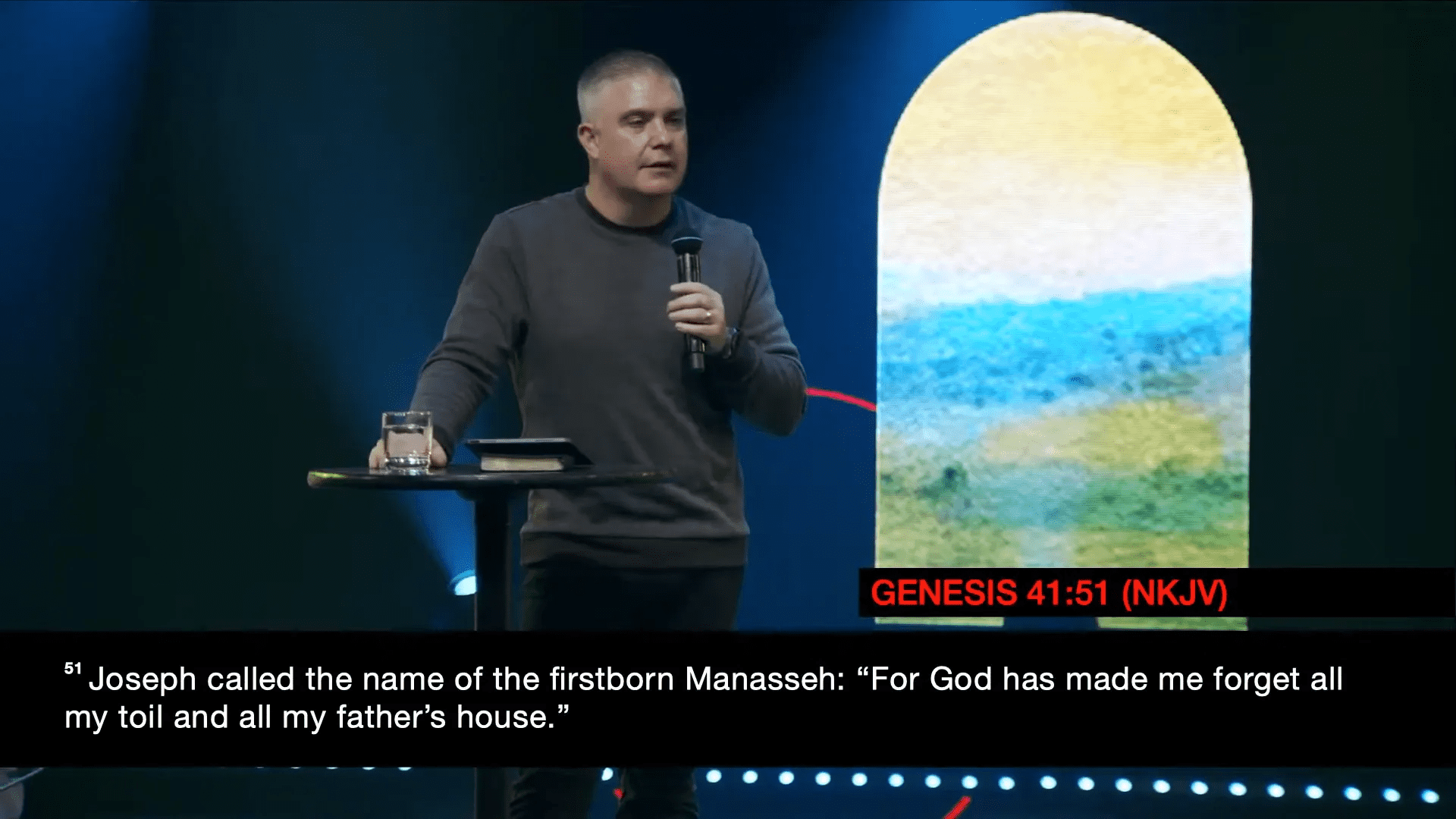
The Importance of Healthy Confrontation
Healthy confrontation is essential for genuine forgiveness. It allows both parties to express their feelings and possibly gain clarity on the situation. God confronted humanity about sin before offering forgiveness, setting a precedent for how we should handle our conflicts.
Matthew 18 provides a clear roadmap for navigating forgiveness through confrontation. It encourages us to address issues directly, fostering an environment where healing can occur. Avoiding confrontation may seem easier, but it ultimately leads to deeper wounds and a longer healing process.
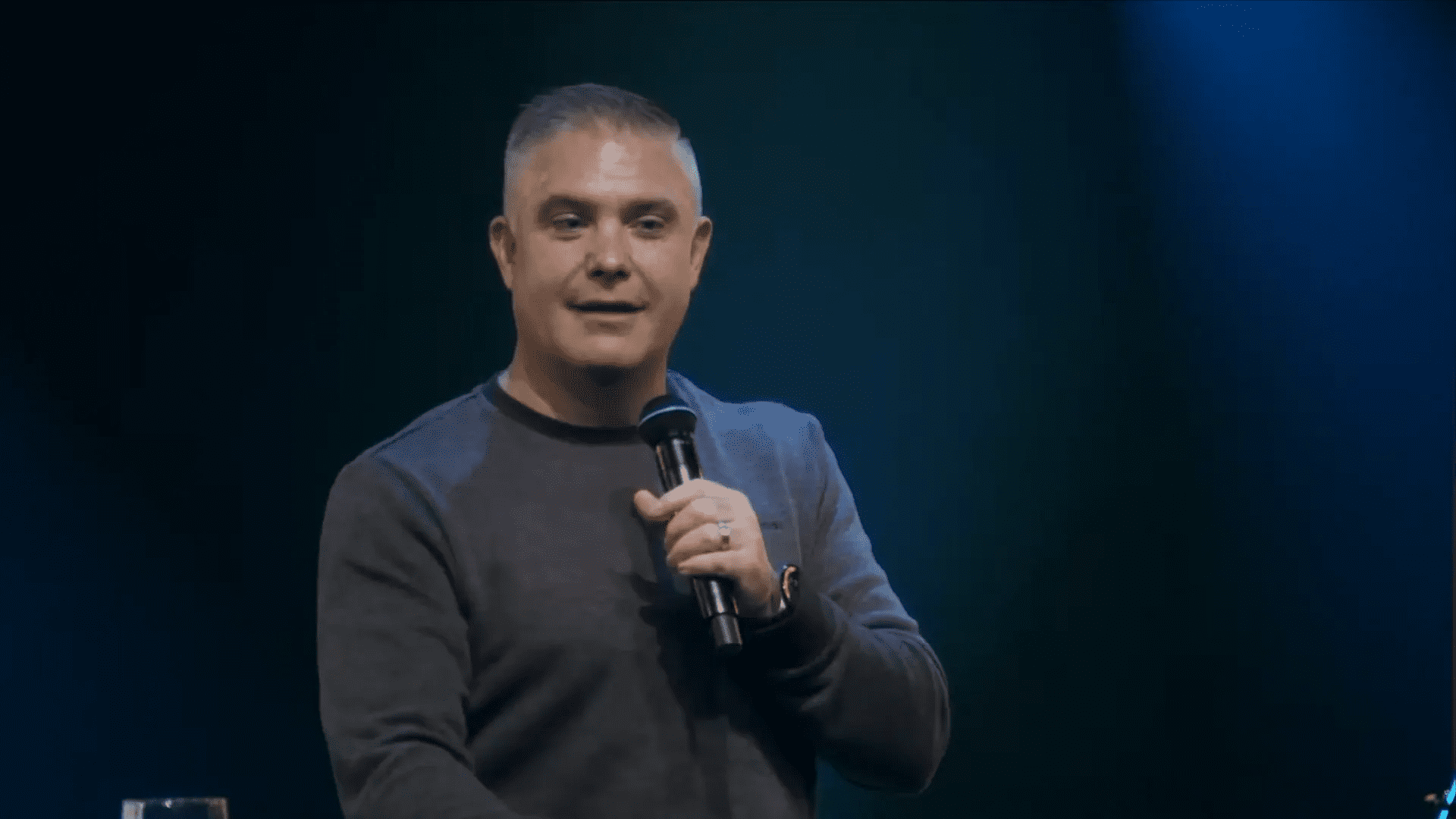
Forgiveness as Part of God’s Plan
Understanding that forgiveness is part of a larger divine plan can help contextualize our struggles. In Joseph’s case, his journey through betrayal and suffering was not without purpose. God used his experiences to set the stage for the salvation of many during a famine.
By forgiving his brothers, Joseph played a crucial role in the unfolding of God’s plan for his family and the nation of Israel. This perspective can encourage us to view our situations through a lens of faith, recognizing that our ability to forgive may have far-reaching implications beyond our immediate circumstances.
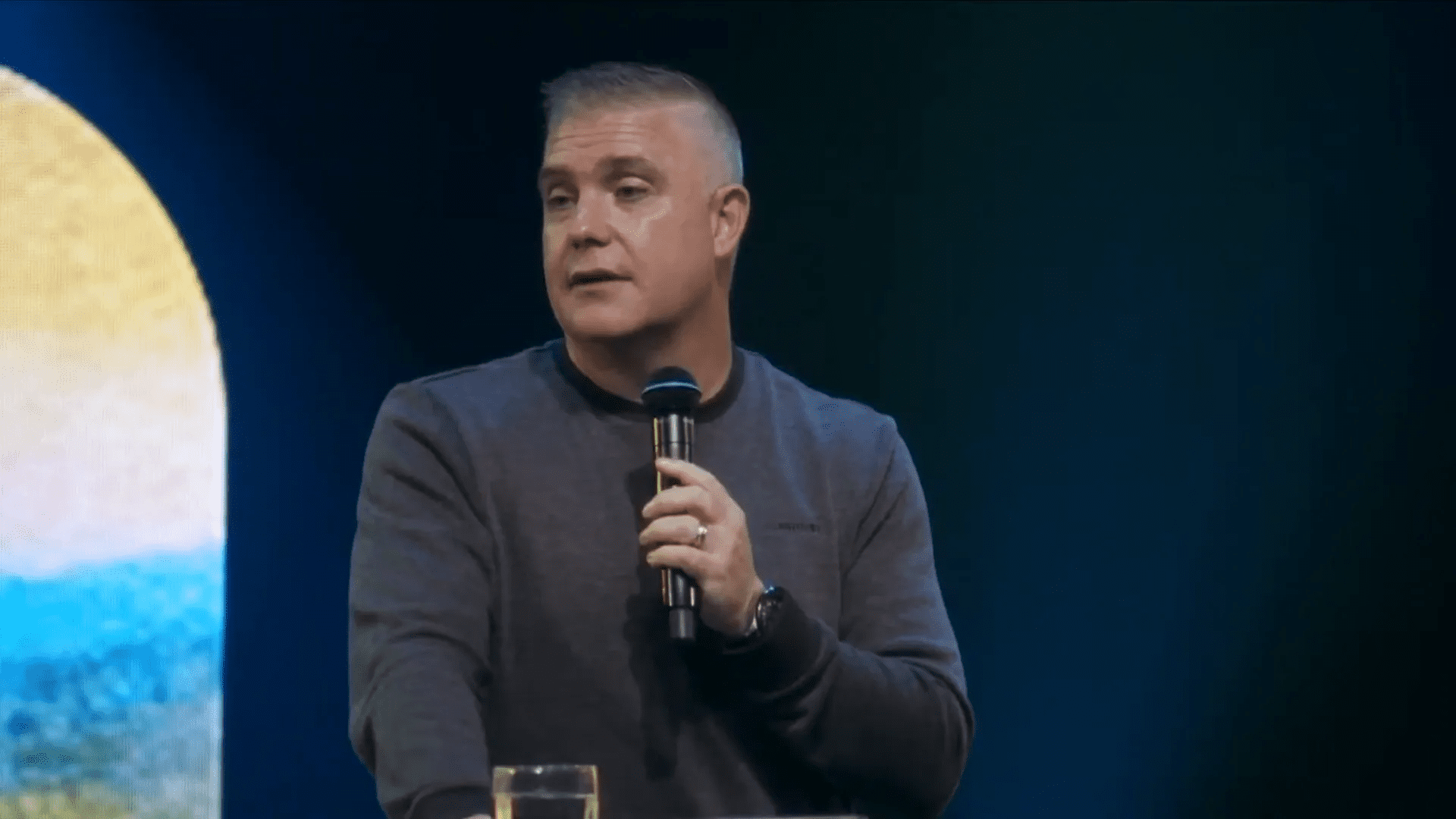
Seeing the Bigger Picture
Forgiveness can unlock opportunities for healing and restoration that we may not have initially seen. By holding onto grudges, we may be hindering our progress and the fulfillment of God’s plans in our lives. When we forgive, we not only release others from their debts but also free ourselves from the chains that bind us to past hurts.
Joseph’s forgiveness opened the door for reconciliation with his family and ultimately positioned them to thrive during a time of crisis. This demonstrates that our decisions to forgive can lead to unexpected blessings and opportunities for growth.
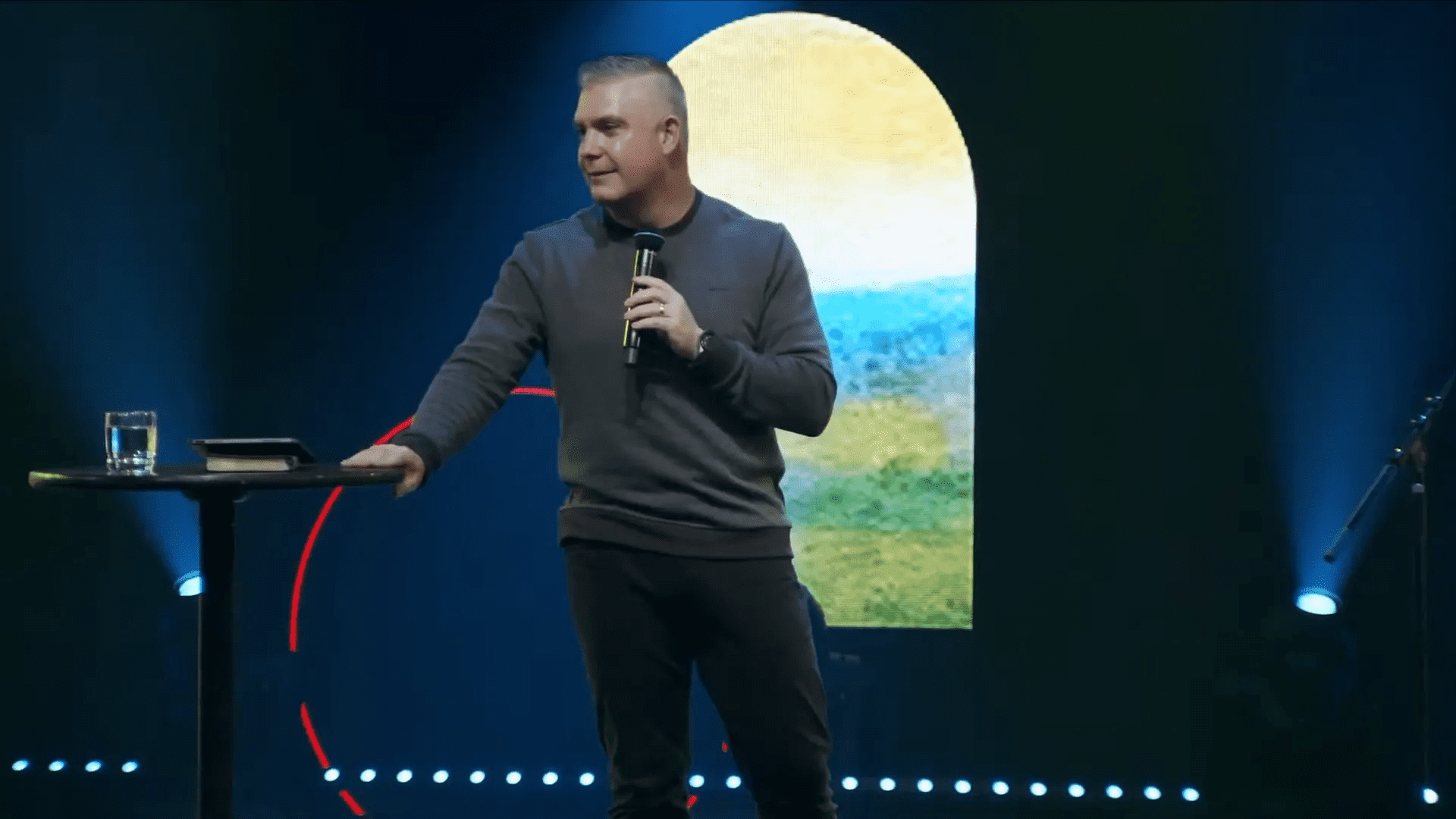
Faith and the Process of Forgiveness
Forgiveness is a faith-driven process that requires time and intentionality. It is not a one-time event but a journey that unfolds over time. Joseph’s story illustrates that even after years of suffering, he still had to navigate the complexities of forgiveness.
As we embark on our forgiveness journeys, we must remember that it is okay to take our time. Each step we take towards forgiveness is an act of faith, trusting that God will guide us through the process. Joseph’s eventual decision to forgive his brothers was not immediate; it was a culmination of years of growth and reflection.
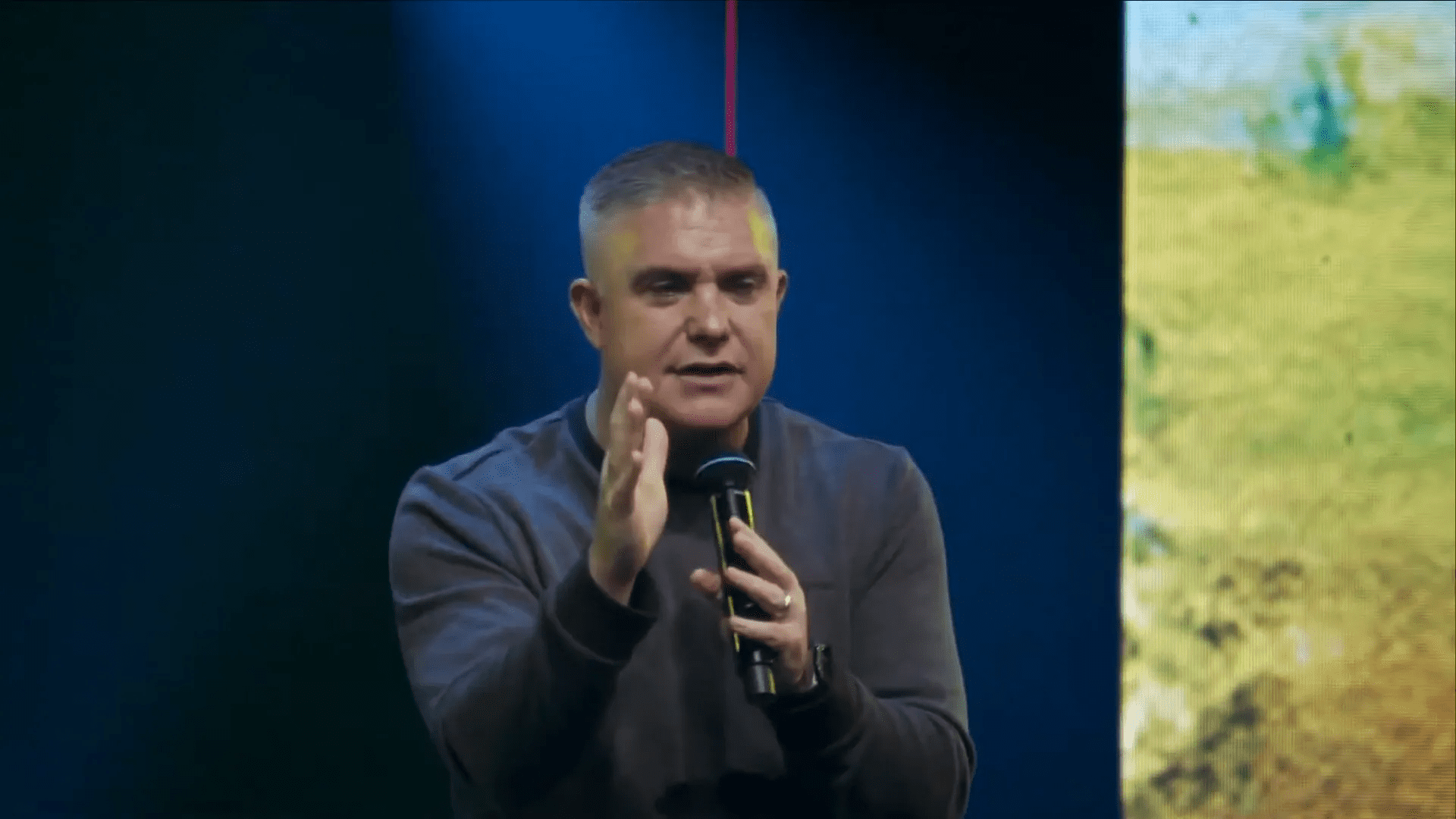
Embracing the Journey
As we embrace the journey of forgiveness, we must be willing to confront our pain and the emotions that come with it. This may involve revisiting past hurts and allowing ourselves to feel the weight of those experiences. However, through faith and God’s guidance, we can find the strength to forgive and heal.
Forgiveness is not a sign of weakness; it is a testament to our resilience and faith in God’s plan for our lives. Just as Joseph learned to navigate his pain, we too can find our way through the complexities of forgiveness, ultimately emerging stronger and more whole.
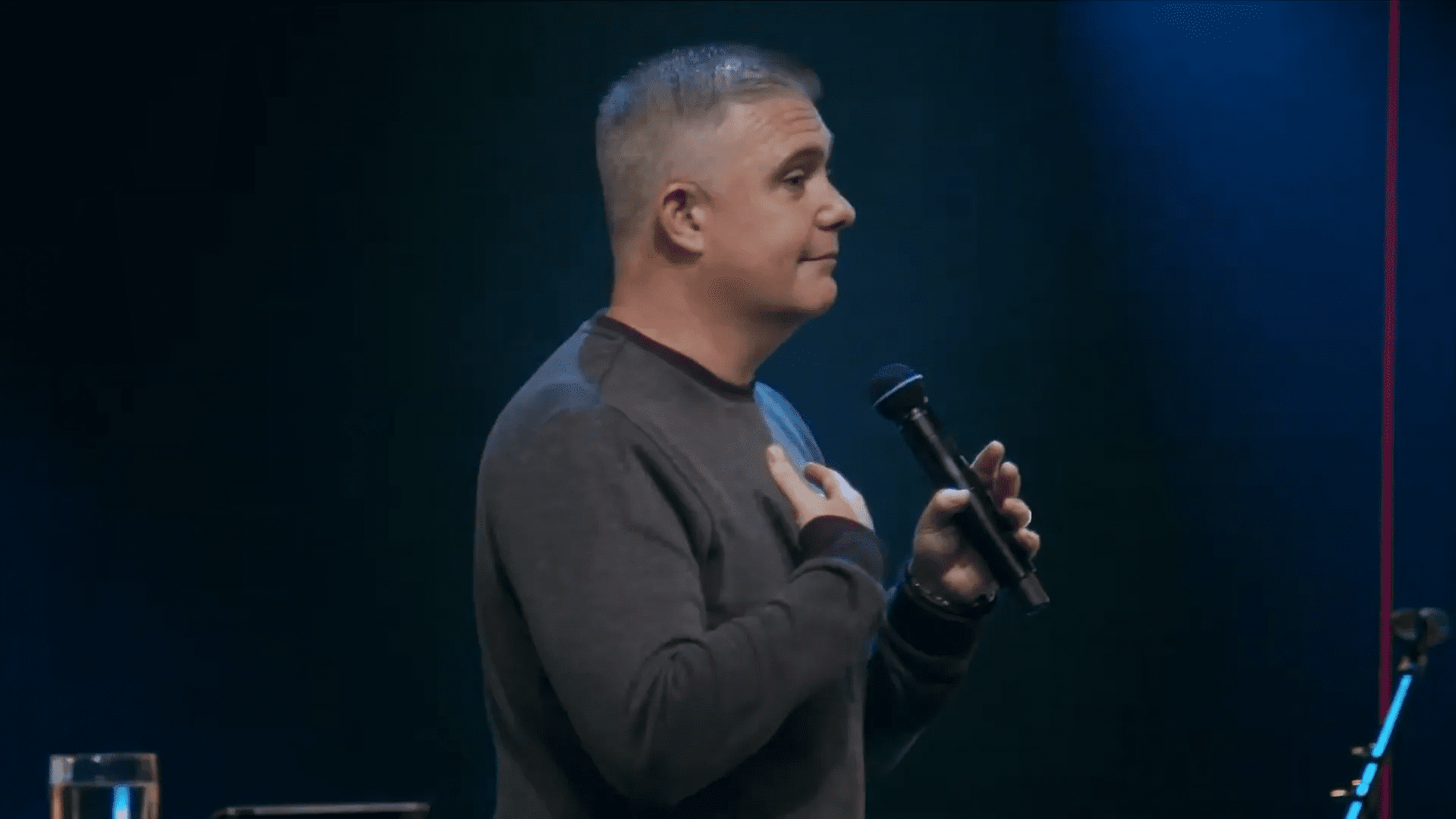
Joseph’s Confrontation with His Brothers
When Joseph finally confronted his brothers, it was a pivotal moment in his journey of forgiveness. He recognized them but chose to act as a stranger, which highlighted his internal conflict. This encounter forced him to face the reality of their actions and his feelings towards them.
Joseph’s initial rough treatment of his brothers reflected his unresolved pain. However, it also catalyzed healing. Through their interactions, Joseph began to process his feelings and move towards forgiveness.
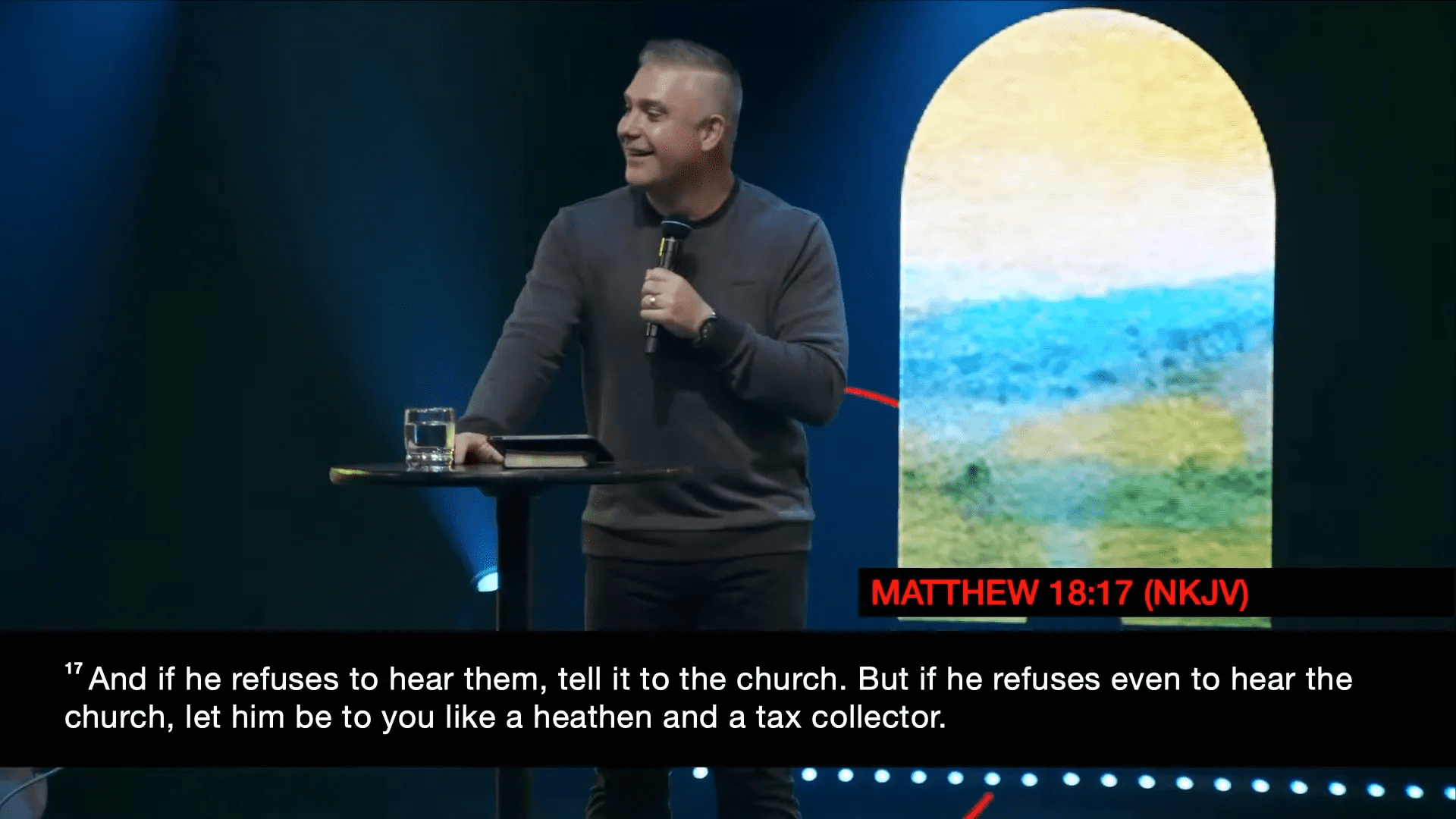
The Turning Point
As the story unfolds, we see Joseph’s emotional struggle manifest in his tears. He wept not only for his brothers but for the years of pain and loss. This moment marked a turning point in his journey, where he began to reconcile his past with his present.
Joseph’s confrontation with his brothers ultimately led to a deeper understanding of their shared history. By allowing vulnerability and honesty into the conversation, he paved the way for healing and reconciliation.
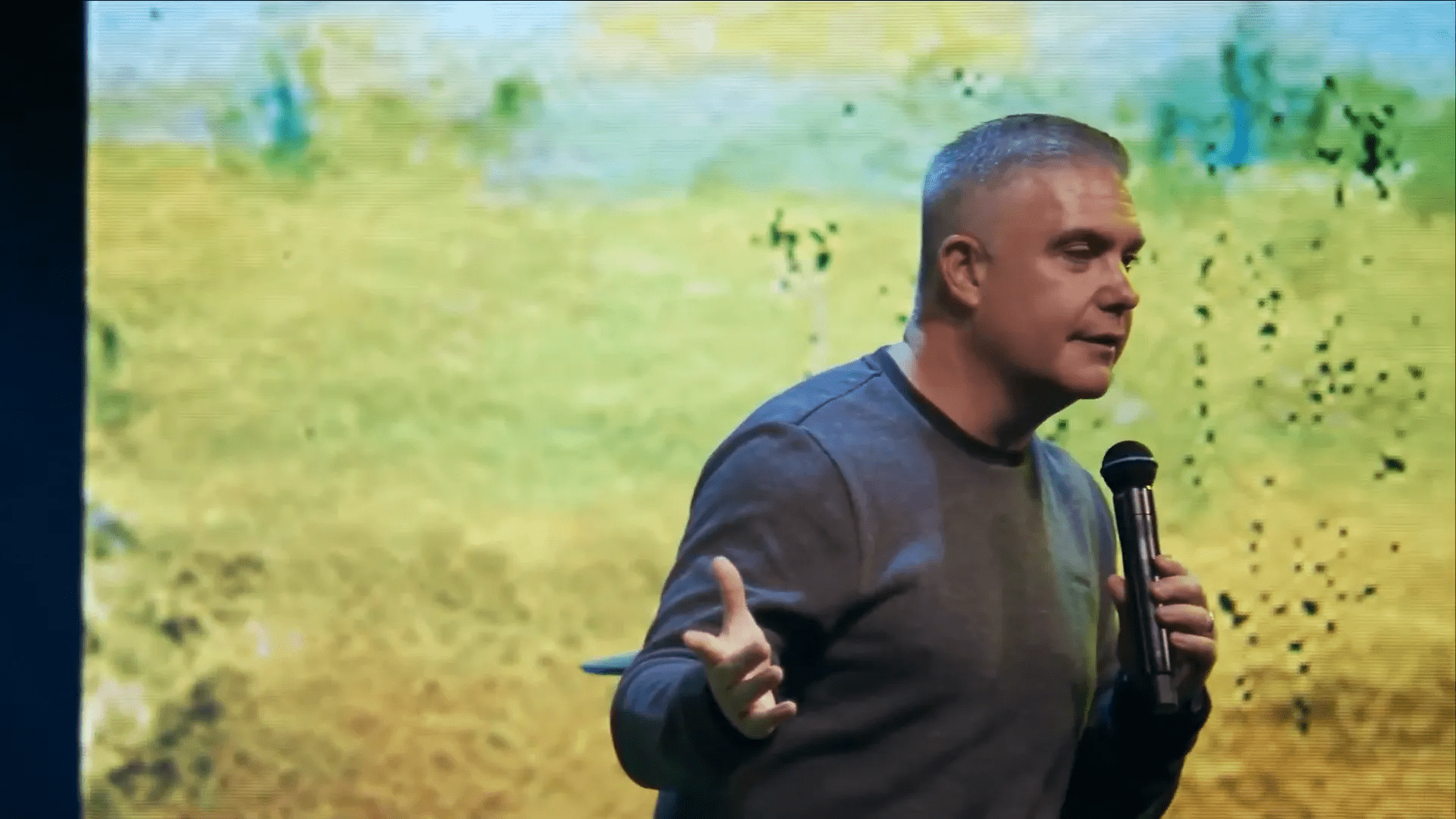
The Bigger Picture of Forgiveness
Forgiveness is not just about the individuals involved; it is about the broader impact on relationships and communities. Joseph’s willingness to forgive had implications beyond his personal story; it affected the entire nation of Israel.
When we choose to forgive, we contribute to a culture of grace and understanding. This can inspire others to do the same, creating a ripple effect that transforms relationships and communities. Forgiveness has the power to heal not just individual wounds but also collective hurts that can linger for generations.
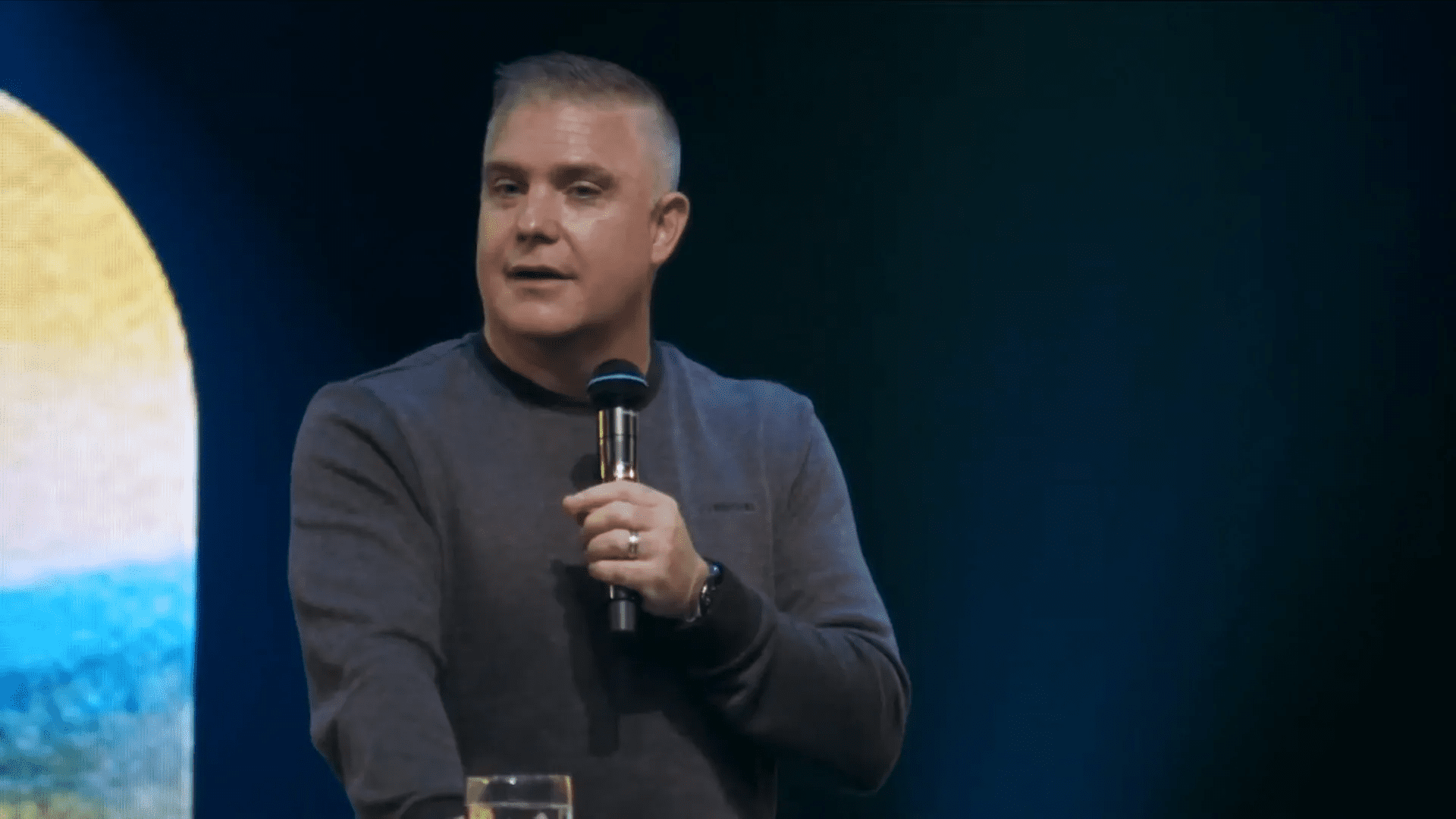
A Call to Action
As we reflect on the bigger picture of forgiveness, we are called to act. This may involve reaching out to those we have hurt or who have hurt us and initiating conversations that lead to healing. We must be willing to step out in faith, trusting that God will guide us through the process.
Forgiveness is a journey worth taking. It may be difficult, but the rewards of healing, restoration, and deeper relationships are invaluable. Let us embrace the challenge of forgiveness, knowing that it is part of God’s greater plan for our lives.
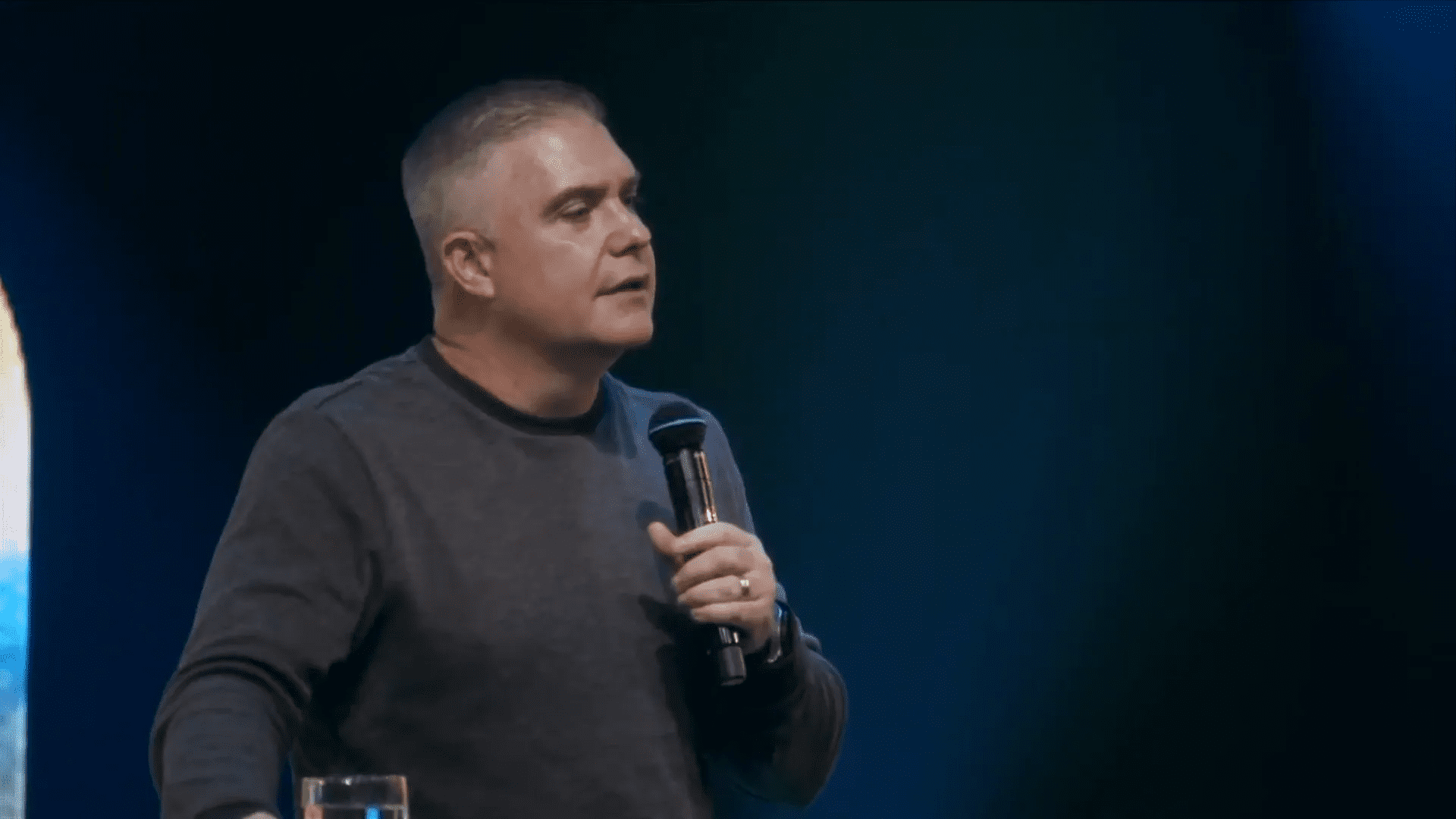
Conclusion: The Journey of Forgiveness
The journey of forgiveness is complex and often fraught with challenges. It requires us to confront our pain, acknowledge our role in conflicts, and take steps toward healing. Joseph’s story serves as a powerful reminder of the transformative power of forgiveness and the importance of faith in this process.
As we navigate our journeys of forgiveness, let us remember that it unfolds over time. We may encounter setbacks and struggles along the way, but with God’s guidance, we can find the strength to forgive and heal.
Ultimately, forgiveness is a gift we give not only to others but also to ourselves. It frees us from the burdens of resentment and bitterness, allowing us to embrace the fullness of life that God intends for us. Let us take that leap of faith, trusting in God’s plan and the power of forgiveness.
